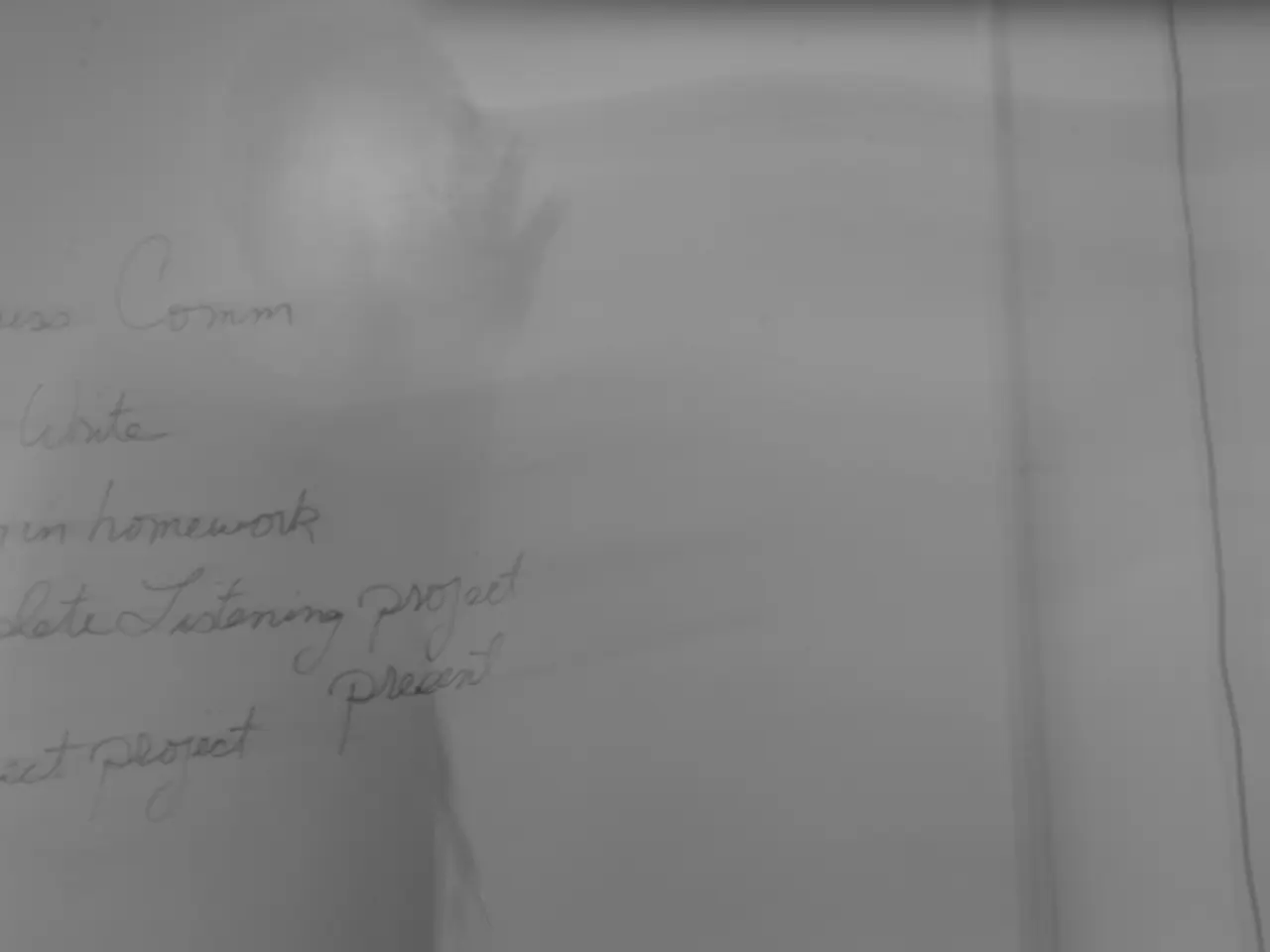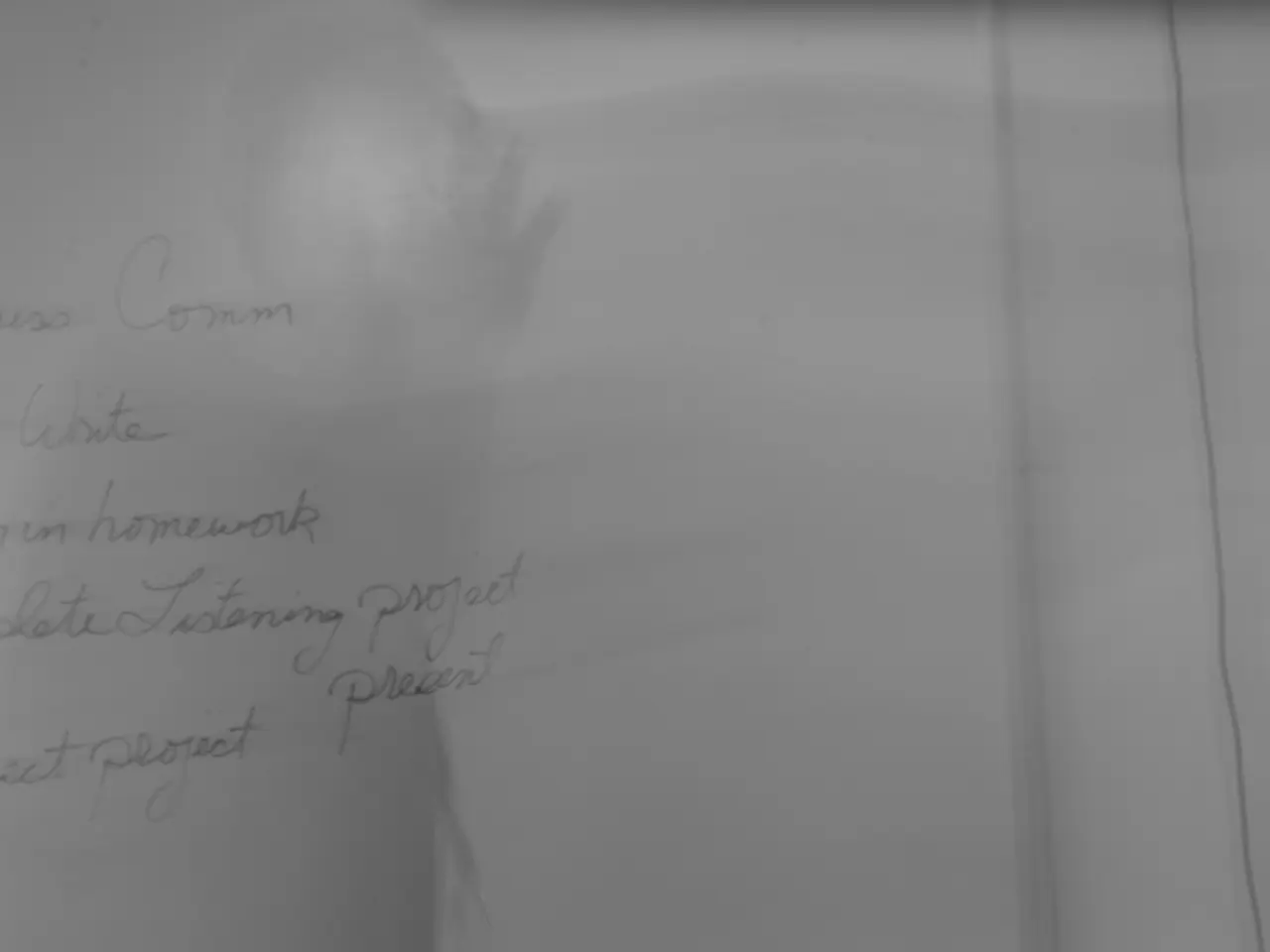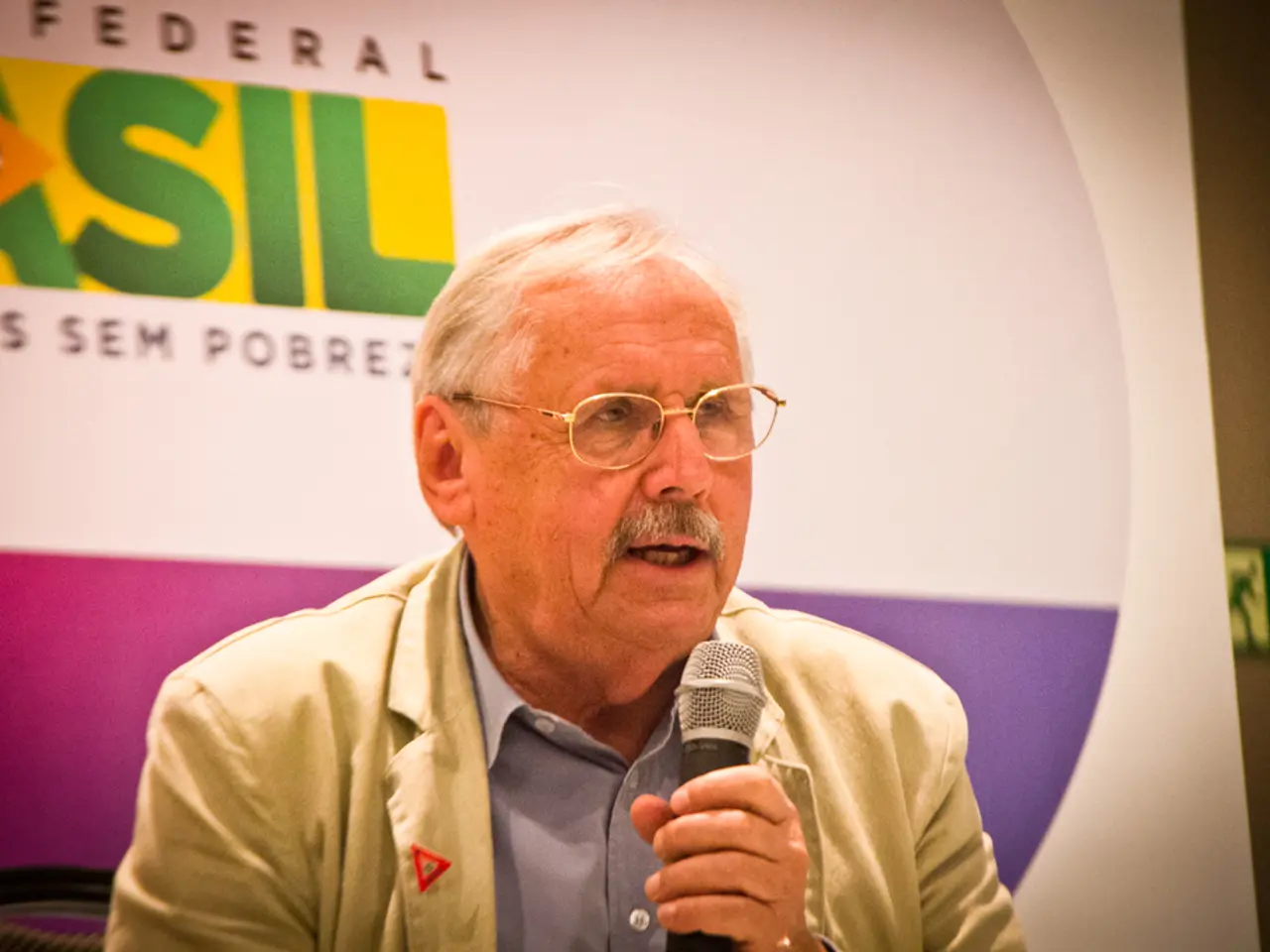Swiss writer Martin Suter labels himself as indolent
Swiss Author Challenges Traditional Views on Work and AI
In an interview with German news magazine Der Spiegel, Swiss author Suter expressed concerns about the impact of artificial intelligence (AI) on employment and questioned the common belief that hard work leads to productivity.
Suter, who has been writing for a long time, stated that if people work very hard, they can finish their work in three days. He then asked, "What do people do on the remaining four days?" This remark suggests a reluctance to adhere to calls for increased work and diligence, possibly made by Germany's Chancellor Friedrich Merz.
The author also questioned the notion that more work is the solution to saving the economy. He believes that work should not be the sole focus, and alternative solutions should be sought. Suter admitted that he could imagine not writing, but he found it difficult to stop.
Suter's views on automation and the value of hard work emphasize a realistic and research-driven approach to the economy and AI development. He stated that AI is replacing the hard work at work, and many jobs will disappear due to artificial intelligence. However, he also believes that hard work, especially skilled labor supported by research, remains crucial, even as automation transforms industries.
Switzerland's economy and AI sector focus on research-intensive, high-skill work rather than scaling by automation alone. The Swiss model contrasts with larger economies pursuing rapid scaling and automation but often facing issues like supply chain dependencies and geopolitical risk. The Swiss chip industry sustains its niche by employing 15,000 to 20,000 highly skilled workers focused on precision products for watches, transport, and electronics.
On automation and AI, Swiss perspectives tend to engage seriously with the disruptive potential of AI on work and the economy but view it as part of broader scientific and economic waves. They acknowledge the risks of rapid economic disruption and the challenge of aligning AI with human values, emphasizing cautious progress balanced with competitive pressures driving innovation. Swiss AI talent aligns well with demand, indicating continued investment in skilled human capital as a competitive advantage, rather than pure automation replacement of workers.
In conclusion, Suter's views challenge the common belief that hard work leads to productivity and emphasize the importance of skilled, diligent human labor combined with technological advancement. Automation and AI are seen as powerful forces with economic risks but also opportunities if managed wisely and grounded in a workforce that values deep expertise and responsibility.
In an attempt to diversify his reading material, Suter might consider acquiring books that delve into the intersection of work, AI, and human values for entertainment and personal growth. Despite the increasing presence of AI in the job market, Suter's thoughts underscore the importance of books as repositories of human wisdom and intellectual exploration.








